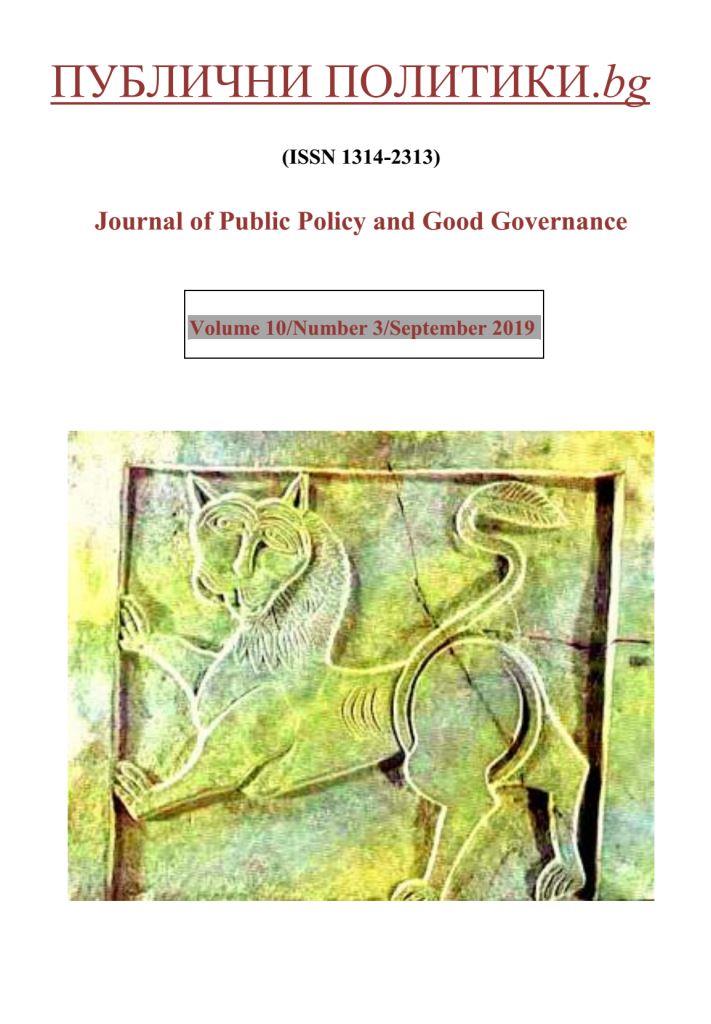THE IMPACT OF HRM PRACTICES TO EMPLOYEES' SATISFACTION AND ORGANIZATIONAL PERFORMANCE IN PUBLIC ADMINISTRATION: THE CASE OF THE ADMINISTRATION SERVICES OF EDUCATION IN THE REGION OF NORTH GREECE
THE IMPACT OF HRM PRACTICES TO EMPLOYEES' SATISFACTION AND ORGANIZATIONAL PERFORMANCE IN PUBLIC ADMINISTRATION: THE CASE OF THE ADMINISTRATION SERVICES OF EDUCATION IN THE REGION OF NORTH GREECE
Author(s): Maria Oikonomidou, Ilias KonstantinidisSubject(s): Politics / Political Sciences, Politics, Social Sciences, Sociology
Published by: Софийски университет »Св. Климент Охридски«
Keywords: Management in Public Organizations; Total Quality Management models/tools of Public Administration; HRM Evaluation; HRM Results; Organizational performance.
Summary/Abstract: Greece faces an immense, perhaps unique and increasingly urgent challenge. It needs to reform in depth, reconciling emergency measures with long lasting reforms. The contribution of employees should be maximized through their development and involvement and the creation of a working environment of shared values and a culture of trust, openness, empowerment and recognition. The current research investigates the human resources management (HRM) and evaluates the performance of administrative agencies of education, one of the most important fields of public services for population's welfare. This study examines the impact of HRM on employees' attitudes, behavior and organizational performance in public sector. The questionnaire used is based on the Common Assessment Framework Criteria (CAF), as a European Total Quality Management (TQM) tool. CAF model subscribes to the principles of excellence and deepened further for the public sector: results orientation, citizen/customer focus, leadership and constancy of purpose, management by processes and facts, people development and involvement, continuous learning, innovation and improvement, partnership development and social responsibility. Principle five, ‘People development and involvement’, is obviously the most relevant to this paper and stresses that ‘People at all levels are the essence of an organization and their full involvement enables their abilities to be used for the organization’s benefit.
Journal: ПУБЛИЧНИ ПОЛИТИКИ.bg
- Issue Year: 10/2019
- Issue No: 3
- Page Range: 103-120
- Page Count: 18
- Language: English

